Sumit Sheoran and Sudhanshu Rai, the founders of Fyllo, were coworkers in a Bengaluru-based IT firm and came from farming families. Through their App farmers sign up for their Fyllo mobile app and enter information such as the crop they’re growing, the type of soil they’re using, and other basic data. The system then analyses the data and instructs the farmer on when to irrigate the farm, what precautions to take, and when to take action for the best crop productivity,” Sumit explains, noting that farmers only need to irrigate the land when the notification is received. According to the pair, this method has saved 50 million liters of water. The startup measured the farmers’ irrigating patterns based on parameters such as cycle frequency and length.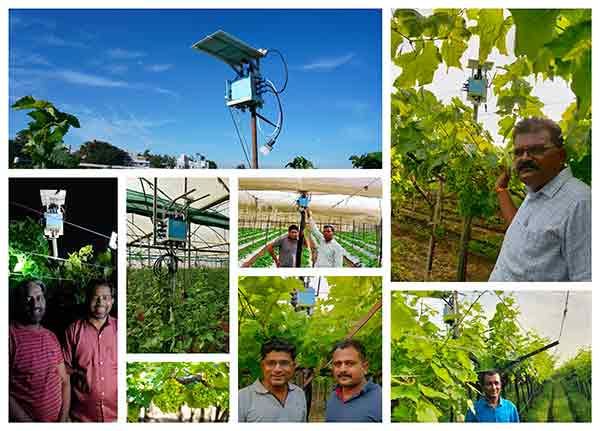
The idea came from:-Knowing the problems that farmers face since childhood, their discussions frequently focused on finding solutions for the community. But it was only after three years of collaboration that they decided to launch a community-focused startup. Since the startup was unsure of which market to pursue, it began listening to the Kisan call center, a government outreach program for farmers. They discovered that 85 percent of the questions asked by farmers were about crop diseases after examining the most popular queries. They looked at 15 million questions, 12 million of which were from farmers who wanted to know what diseases they might expect on their farm.
USP:-The company decided to create a system that combines software and hardware to sense and analyze real-time crop data and predict disease outbreaks. Sumit describes the definition by stating that a 1515 cm, 1.5 kg unit is mounted in a farm and analyses 13 parameters such as humidity, wind, rainfall, temperatures, and so on. The data is determined by the computer connected to the server to forecast rainfall, sunlight, and diseases that the crops might be susceptible to. The solar-powered unit is also battery-operated. The sensors are plug-and-play, rendering installation a breeze.
Challenges:-It was difficult to persuade farmers to use their commodity at first. The startup implemented a subscription model in which farmers could trial the device for a few months before buying it if they were persuaded of its benefits. They moved to Nashik and worked with farmers for over a year to develop the product and resolve issues on the ground by integrating valuable farmer inputs. Farmers were able to embrace disease-prediction technology, but they challenged its accuracy. Internet access was and continues to be a concern in remote areas.
Success:-The unit can forecast weather conditions and their effects on crops up to 15 days ahead of time, depending on the crops and region. Each unit, which costs Rs 50,000, can cover 100 acres of farmland. Farmers who used to irrigate their farms once every five days for around 14 hours a day moved to once every ten days and only watered their farms for seven hours a day. The irrigation pattern changed as the app advised the amount and frequency of water to be released for the farm based on the weather. These techniques assisted in decreasing the amount of water needed to irrigate the farms.
Future:-In the coming months, they expect to add features for guava, banana, and five other vegetables. They expect to work with more farmers from Gujarat and Tamil Nadu in the near future.
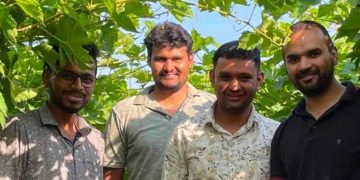















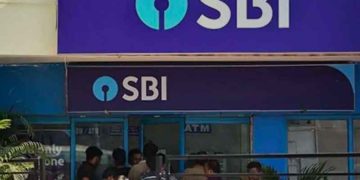

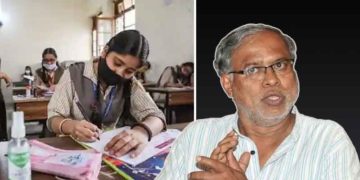
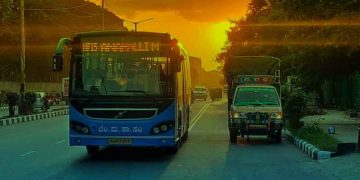
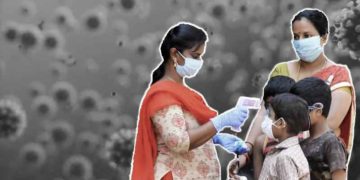
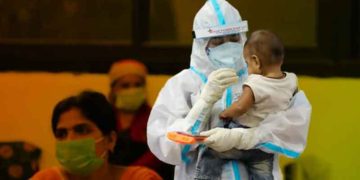
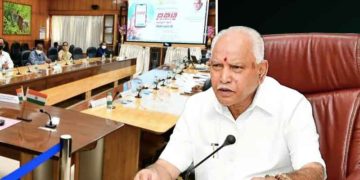

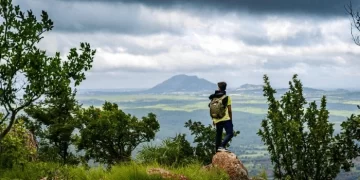


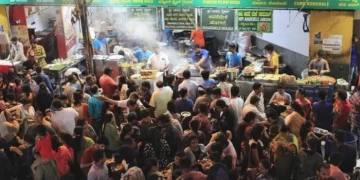

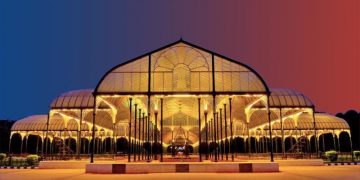
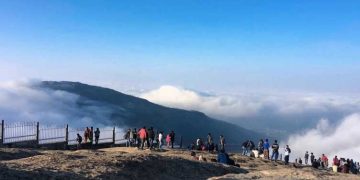


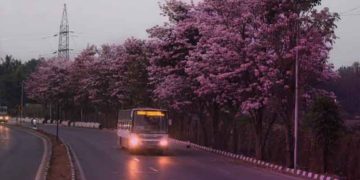
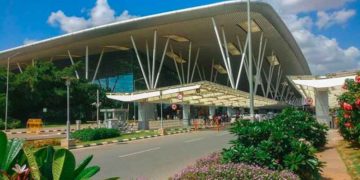


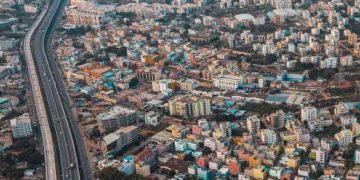


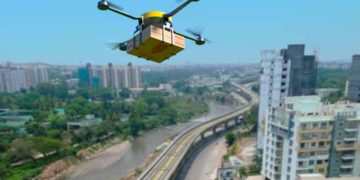
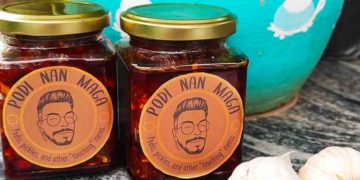

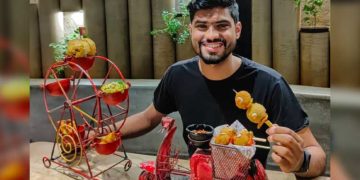



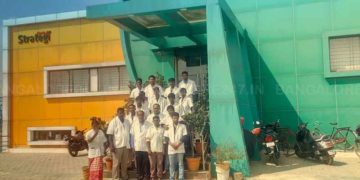




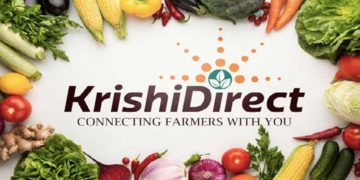


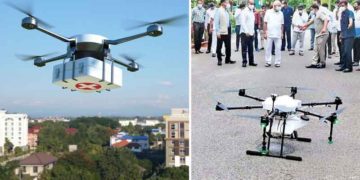
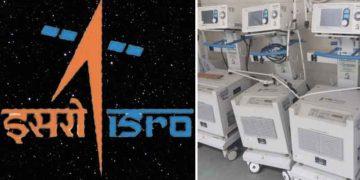
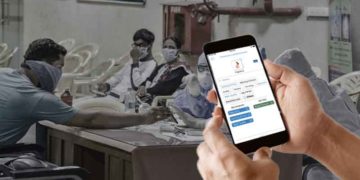












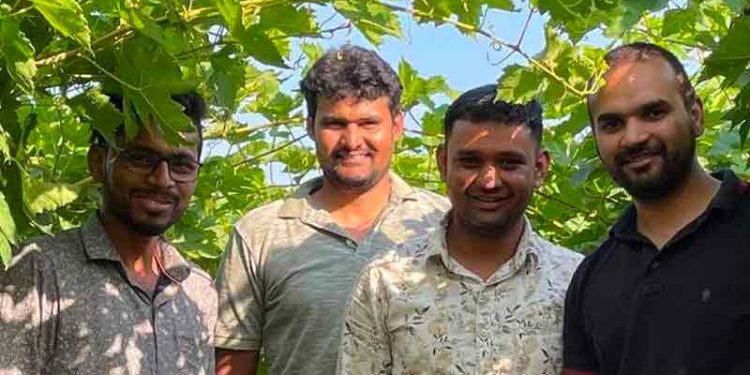

Discussion about this post